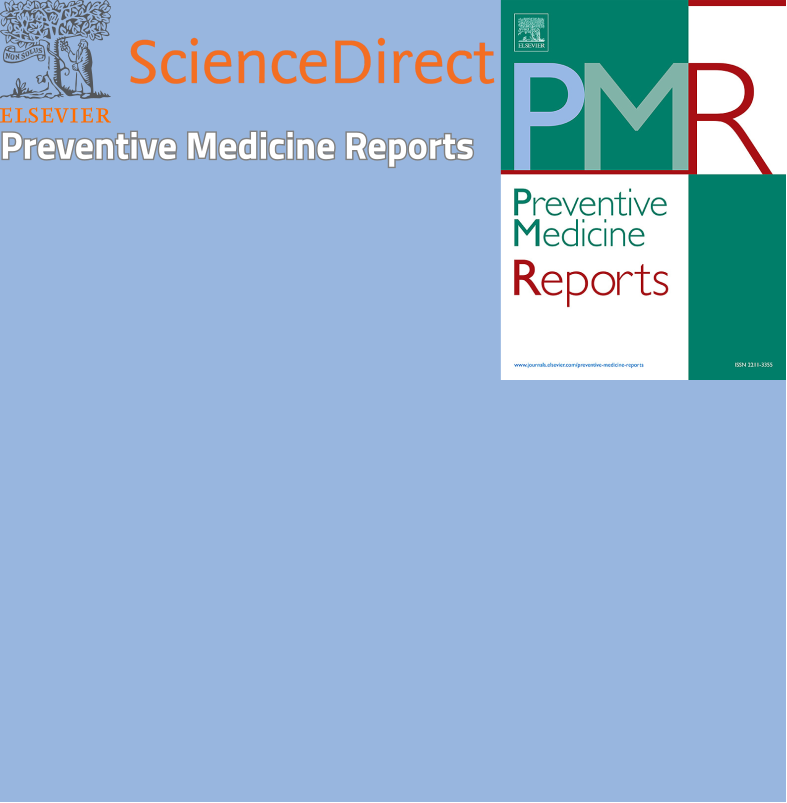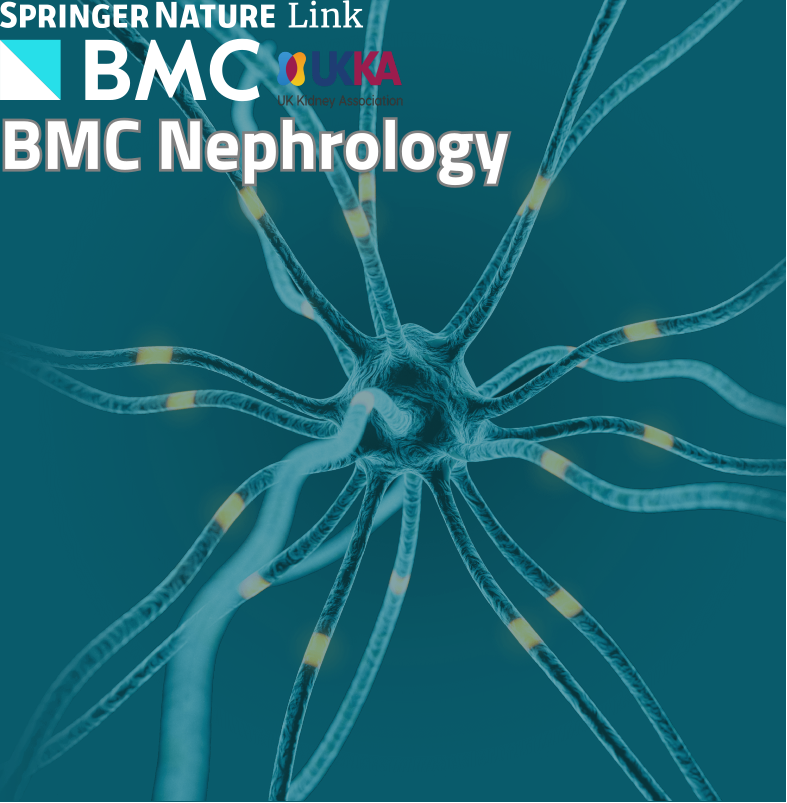Official government website of the Government of the Kingdom of Saudi Arabia
How to verify
Links to official Saudi websites end withedu.sa
All links to official websites of government agencies in the Kingdom of Saudi Arabia end withsch.sa أو edu.sa
Government websites use the HTTPS protocol for encryption and security.
Secure websites in the Kingdom of Saudi Arabia use the HTTPS protocol for encryption.
Registered with the Digital Government Authority under number :
20241028333The University of Jeddah website uses cookies to ensure ease of use and improve your browsing experience. By continuing to browse the website, you agree to the use of these cookies. Please review the terms, conditions, and policies related to this



Weather

Jeddah
Clear
C
24
C
20.2

Khlis
Clear
C
23.7
C
16.3

Al Kamil
Clear
C
21.5
C
11.5
Notices
There are no new notifications currently.
Events
There are no new events currently.
Survery and Polling
How satisfied are you with the website design of the new portal?
How satisfied are you with the website design of the new portal?
Beta Launch


-
University

About the University
Senior Leadership
Agencies
Supporting Deanships
Units and Centers
Departments
- Secretariat of the Scientific Council
- Governance and Compliance Department
- General Secretariat of Jeddah University's Scientific and Medical Endowments
- Knowledge Resources Management
- University Council Secretariat
- Scholarship and Student Exchange Management
- Talent Acquisition and Development Department
- Internal Audit Department
- General Directorate of Corporate Communications
- Cybersecurity Department
- Investment Department
- Digital Transformation and Information Technology Department
- Volunteerism and Social Responsibility Management
- General Directorate of Human Resources
- Vocational Guidance and Rehabilitation Department
- Medical Services Department
- General Department of Financial Affairs
- Risk Management and Business Continuity
- E-Learning and Distance Education Management
- Administrative Communications Department
- Legal Department
- Planning, Budgeting, and Follow-up Department
- إدارة المعامل والوسائل التعليمية
-
Admissions

Bachelor's Degree
Graduate Studies
Short Programs
Popular Pages
-
Research

Research Chairs and Societies
Scientific Journals
-
Colleges

Science and Engineering
Health and Medicine
Business and Management
Humanities and Education
Media, Arts, and Sports
- UJ Life








